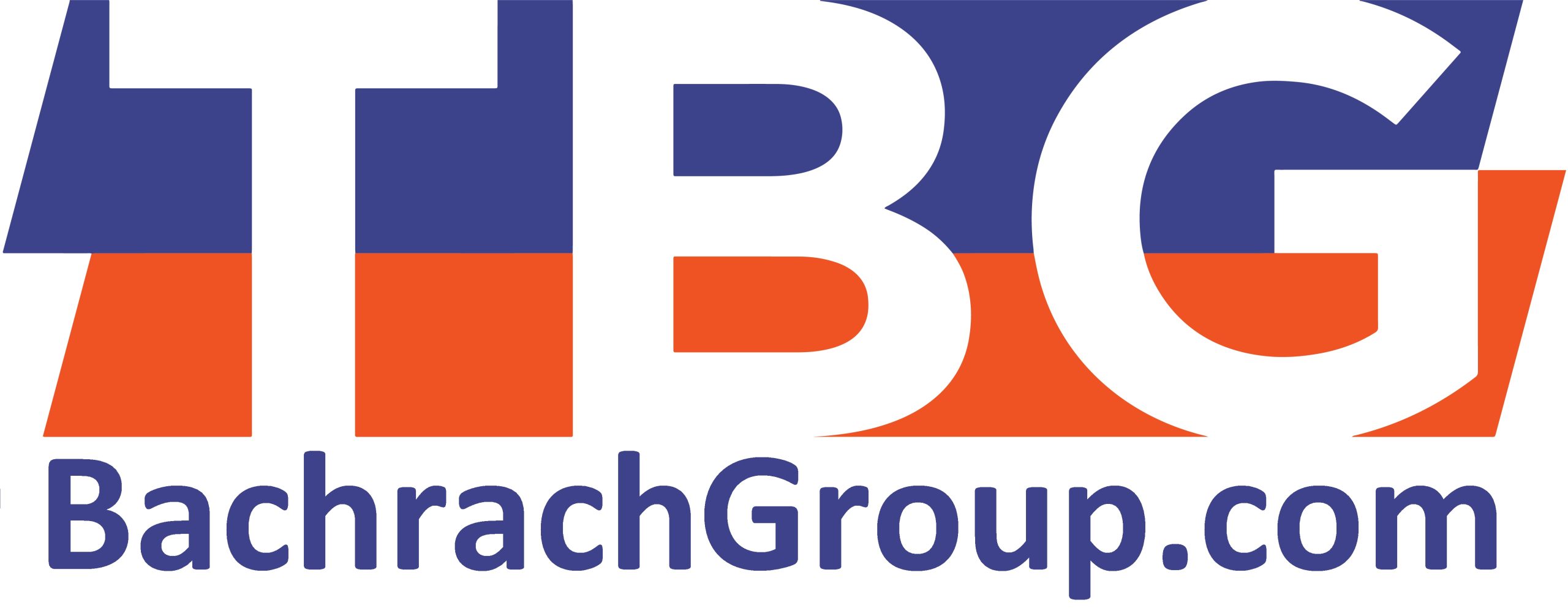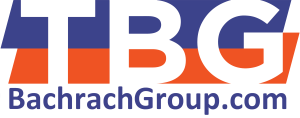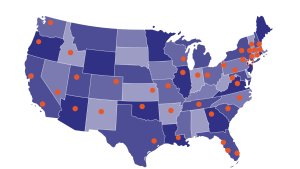Positioning Yourself for Career Success in the New Decade
By: Isabella Sand and Steven Bae
If a job change, career pivot, or professional growth and advancement is on your mind for 2020, then it is time to put a plan of action into place, taking into account the latest developments in hiring trends, so that you are positioned for success in this constantly evolving job market.
We have broken down some key areas that are important to address and strategically focus on from a career standpoint as you prepare yourself and get into the right mindset for the journey ahead.
First and foremost, strive to gain a full understanding of what you want.
This is easier said than done! Pinpoint your skills, experiences, values, and lifestyle so that you can properly evaluate opportunities and optimize your search.

Your motivation shouldn’t be to get any new job. Shift your focus to finding and landing the right job.
“Keep in mind that this takes time. Prepare yourself mentally for shifts in your mindset, attitude, and even preferences as you go through different interview stages. Each conversation you have will add value as you evolve and hone your approach. This entire process ultimately impacts your development as a professional,” stresses Shelby Downs, Real Estate Practice Director here at The Bachrach Group.
Marketing is putting yourself out there, branding is the reason they want to meet with you.
In this internet-driven era, your online persona makes more of an impact on how you are viewed personally and professionally than ever before. It is important to align your goals with your online presence and brand yourself.
First impressions are as important as ever, and they happen before you meet or shake hands. Most potential employers are making their initial judgements on LinkedIn and with the ease of a simple Google Search.
“Your goal is to find the right fit for you…there are some pretty awesome jeans and tee shirt companies. In this day and age, we actually get the opportunity to embrace ourselves, which is great and has allowed for a lot of the workforce to actually find themselves,” Shelby Downs elaborates.
Tailor your LinkedIn and your online presence to build a personal brand.
LinkedIn is an easily accessible and a powerful networking tool utilized by more and more employees, employers, recruiters, and influencers across every industry each day.
Keep your profile up to date, and be mindful of how your footprint will be perceived. Ultimately, it is a reflection of yourself, so you want to highlight your strengths, areas in which you excel in, interests, and most importantly, give people a way to quantify your accomplishments and qualify whether you would align well with their organizational goals, structure, and culture. This will attract the right people to your profile and create more traction in your targeted space.
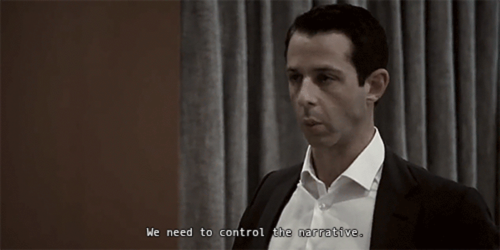
Your brand should create a road map of where you want to go.
After you have built a strong and compelling profile that represents you on a professional level, you must also consider your audience and understand what appeals to them.
Shelby Downs emphasizes, “There are pros and cons to everything in life. Determining what you value most is the first step. Decisions in your professional life inevitably affect your personal life. I think that is what people are most unprepared for when it comes down to actually making a move.”
Conduct research on your desired industry and build out your network, follow experts and influencers in your space, and be open to discussions with recruiters. Leverage this tool to become proactive in your search efforts by reaching out to individuals at firms that are of interest to you.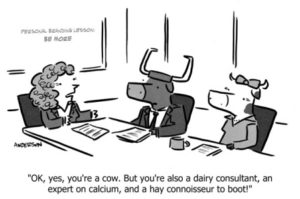
Shaping your professional brand through engagement.
To expand your online presence, make an effort to post and share relevant articles on a regular basis. Engage with hiring managers, recruiters, co-workers, and other connections by commenting and liking their content and posts. Reports have shown that LinkedIn users with 500+ connections, have had their profiles show up in more searches.
The only thing you should quit is making excuses.
Don’t turn down interviews for roles because you think it’s not “the perfect job”. There is no reason to not have a conversation with people in the industry, especially if you are serious about making a move in your career. An interview is a conversation. You are learning about them in the same way that they are also assessing you. There is always value in shaking the hand of a peer or leader in your industry, or the industry you are aiming to pivot into – don’t discount the value of an introduction and dedicated time to pick someone’s brain.
Shelby Downs, is a huge advocate of this mindset and takes it a step further, emphasizing “I don’t think anyone should make a move that will pivotally impact their career without first getting an understanding of what the market is bearing and where they can add value. You must know what’s out there to be able to quantify and consider all those factors”
What you wear does matter: There is something about dressing well that draws people to you; the ability to capture people’s attention is a superpower in this era.
Whether we like it or not, our attire has an effect on how we are immediately perceived. Statistics have shown that first impressions are determined largely by the way we dress, act, and carry ourselves as we walk through the door. Many hiring managers will have their minds made up in the first 90 seconds of your initial meeting.
The importance of someone’s “first glance” at your resume holds the same, if not more, weight as their initial impression of you. Not only does your presentation matter from an optics standpoint, your clothes do influence how you feel, and therefore, how you perform.
“Labels aren’t the answer. Sometimes wearing designer labels to an interview can actually work against you. The key to nailing it is to know your audience. You can look polished, professional, and put together without breaking the bank,” Shelby Downs shares from her experience working with different hiring managers over the years.
This can also be applied to interviews. “Dressing up” is always the move in making a positive impact and a lasting impression. You are turning the page to a new chapter in your life and if you are not aiming for the top now, why bother? This minor difference in attitude holds more power than we think. Feeling “out of place” is a mentality.
![]()
Steven Bae’s note to the bros on attire
Gentlemen, I don’t mean that we need to wear a tie and collar every day – I hate ties as much as the next guy – but there are so many options in clothing that you can substitute for them and have the same, if not a greater, effect. When you take out the collar and the tie from the equation of the suit, then wearing the suit is not bad at all. For example, substitute that collar for a T-shirt or turtleneck; trust me, it makes a difference. Please don’t take what I said and butcher it – I do not mean that wearing a collared shirt with a pair of baggy blue jeans is acceptable in the workplace. What I’m trying to get at is that there are many options that allow men to look professional in the office and still feel comfortable.
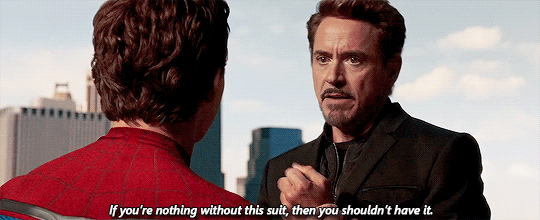
Consider everything. There is an opportunity cost to both declining and accepting an offer.
Shelby Downs stresses, “Before you commit to a new position, make certain that you are ready for not only the immediate impact it will have on your professional life, but also, the different possible impacts it can have on your career’s long term trajectory. If you are not comfortable with what you is foreseeable now as the potential best and worst case scenarios, than it is important to weigh out the key factors that you and your family values on a personal level.”
